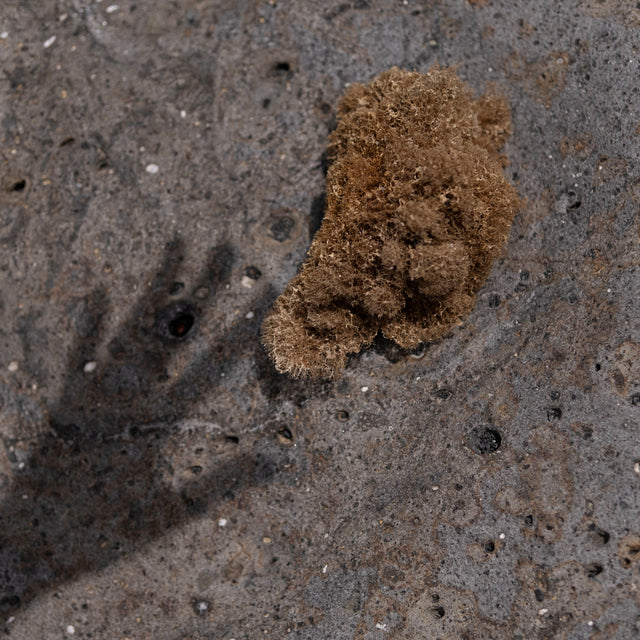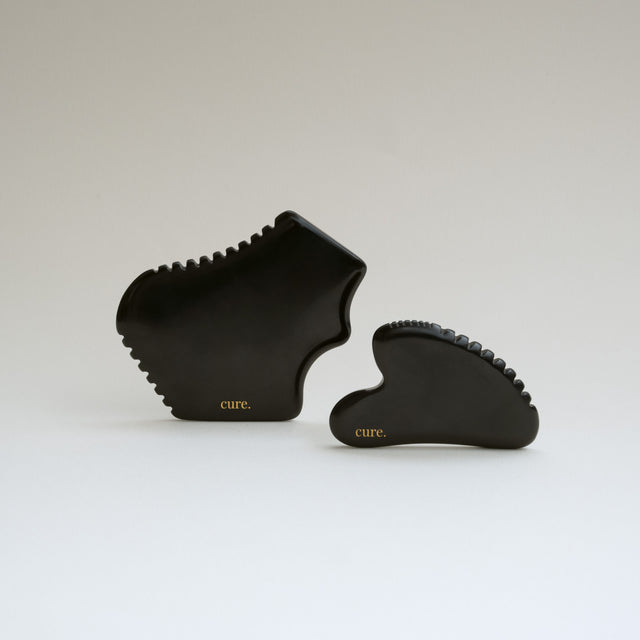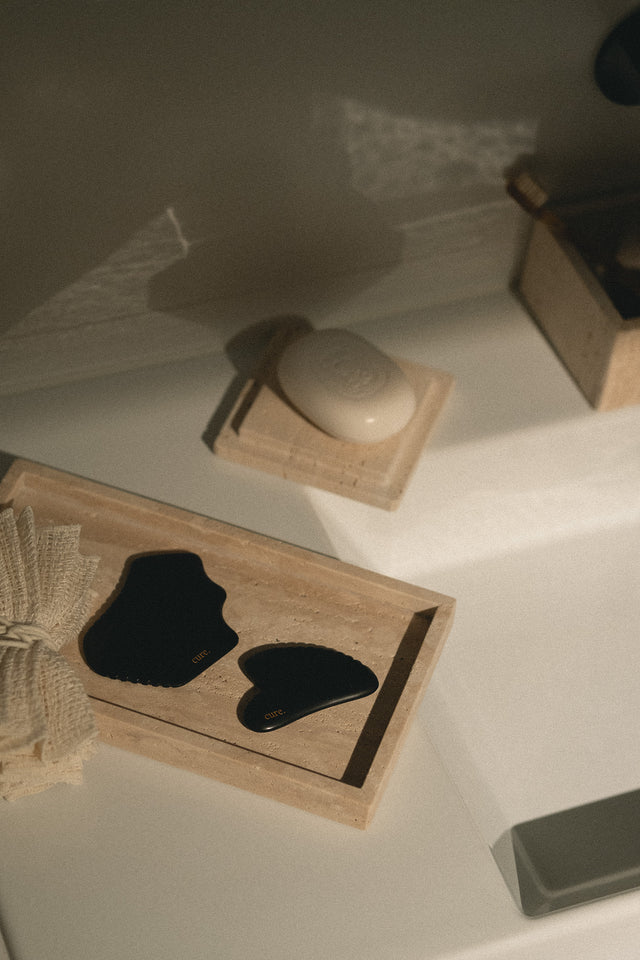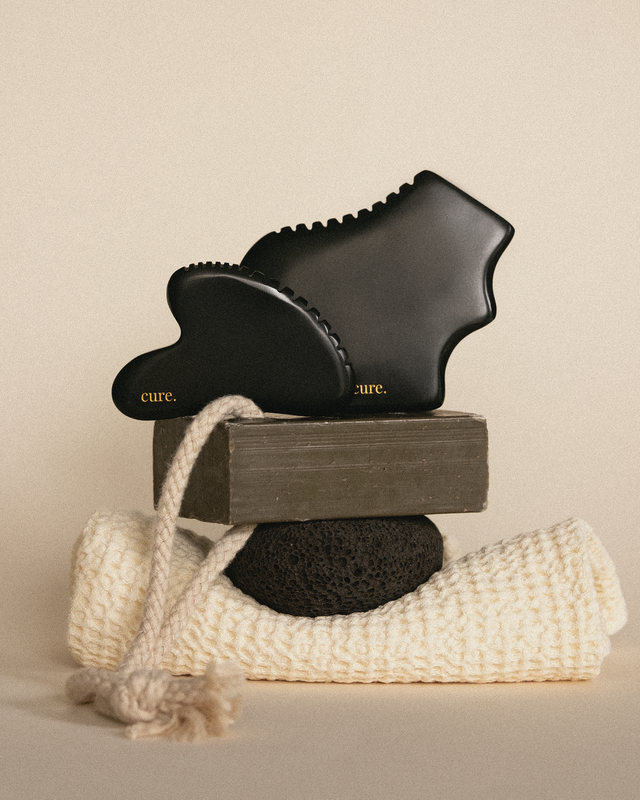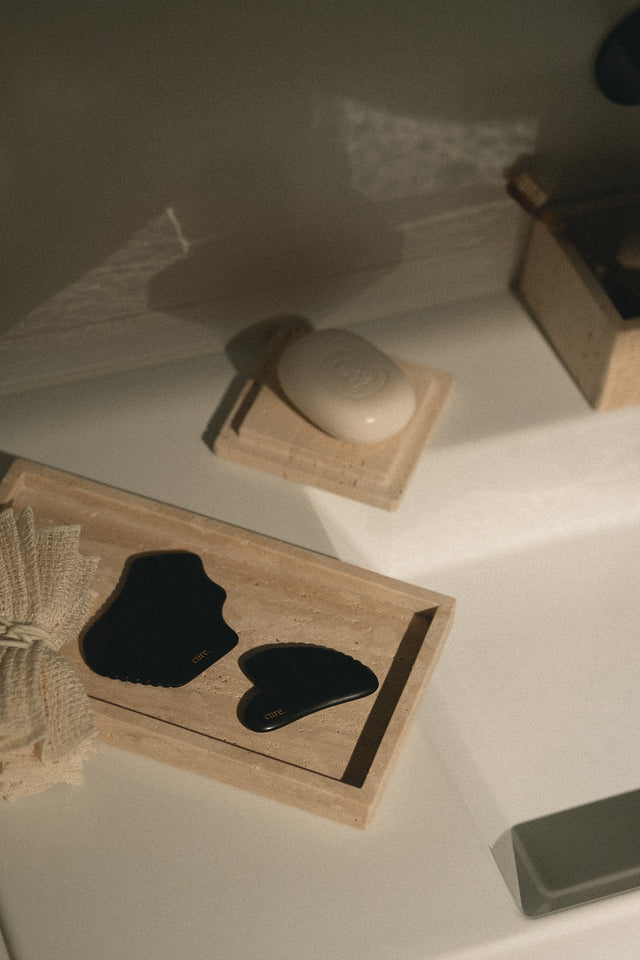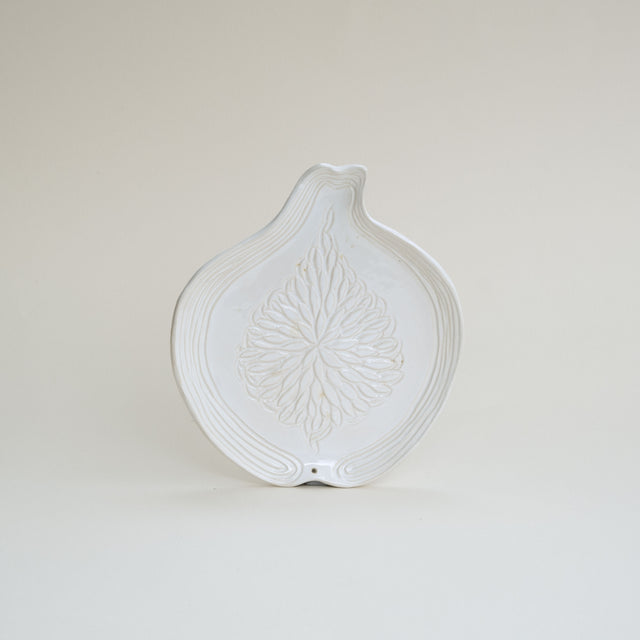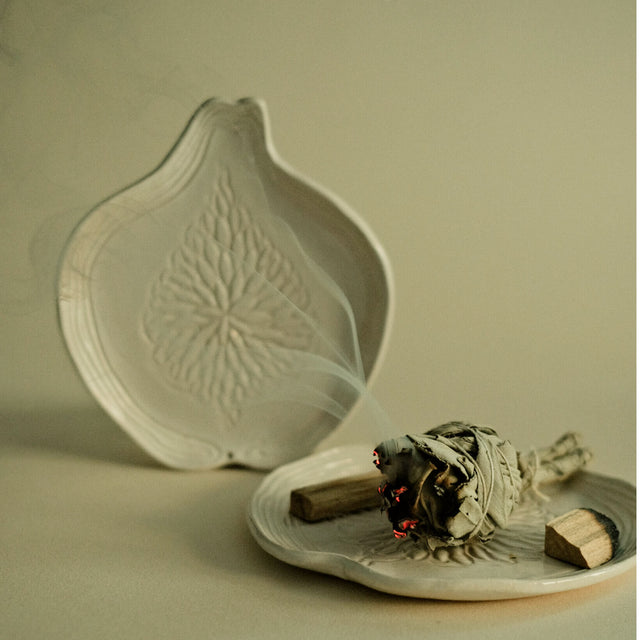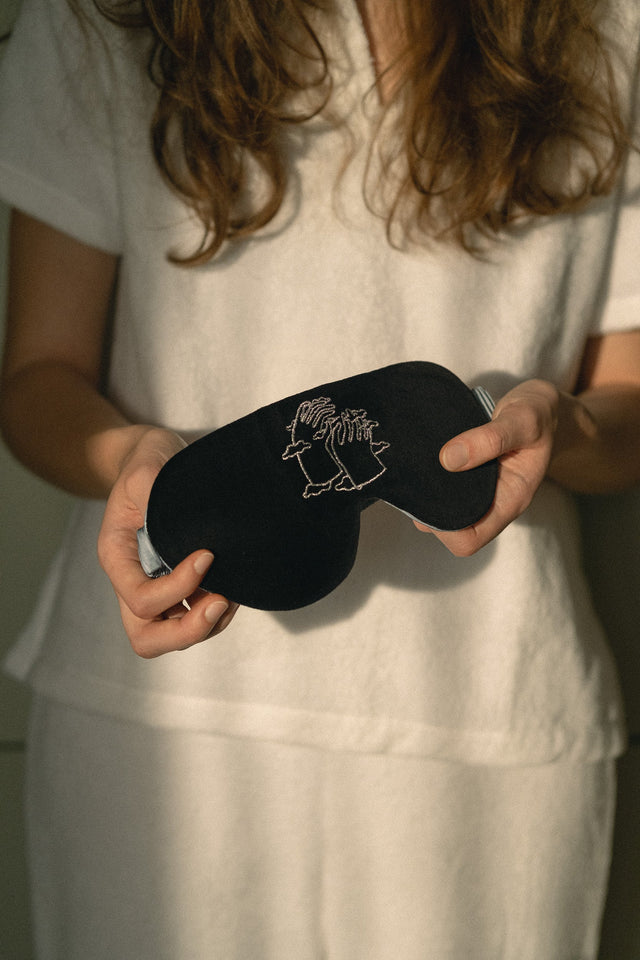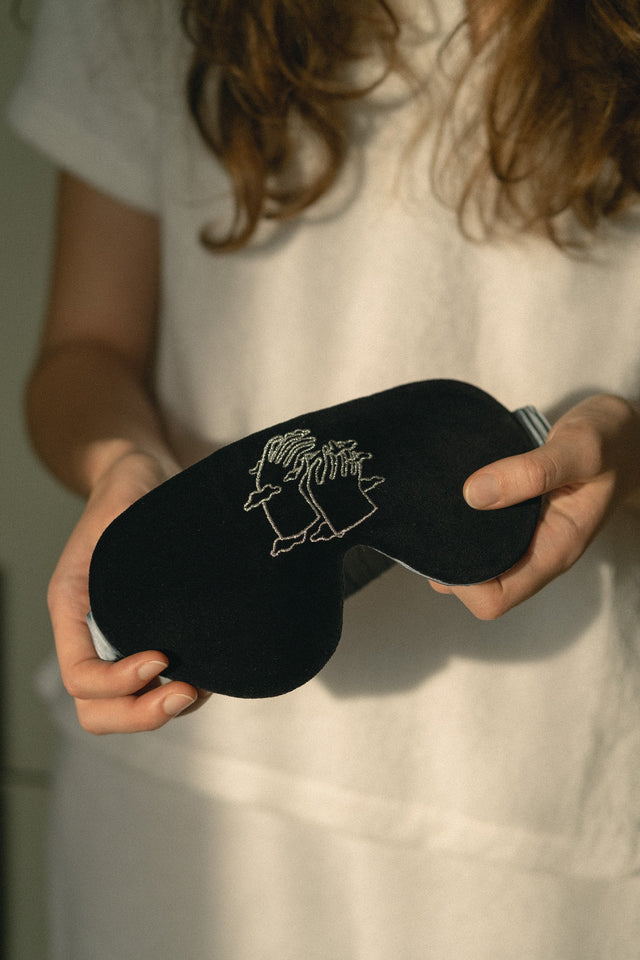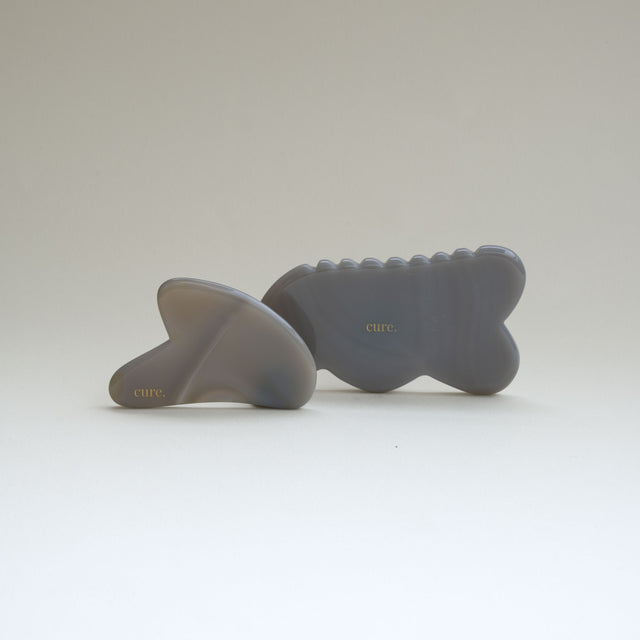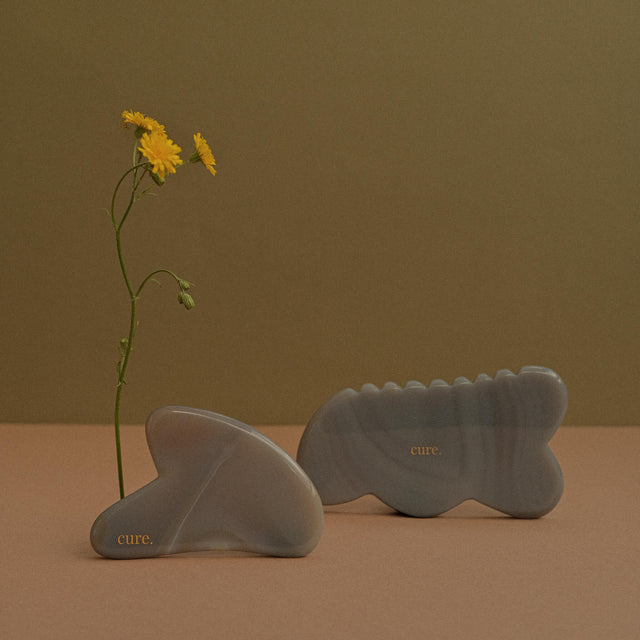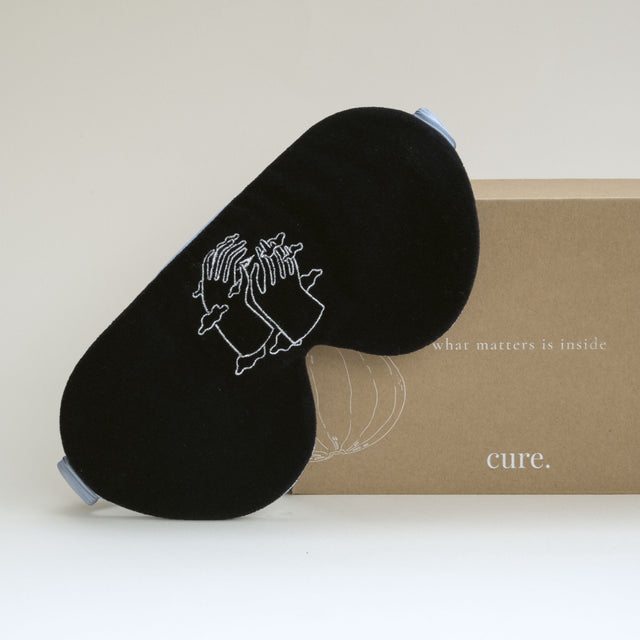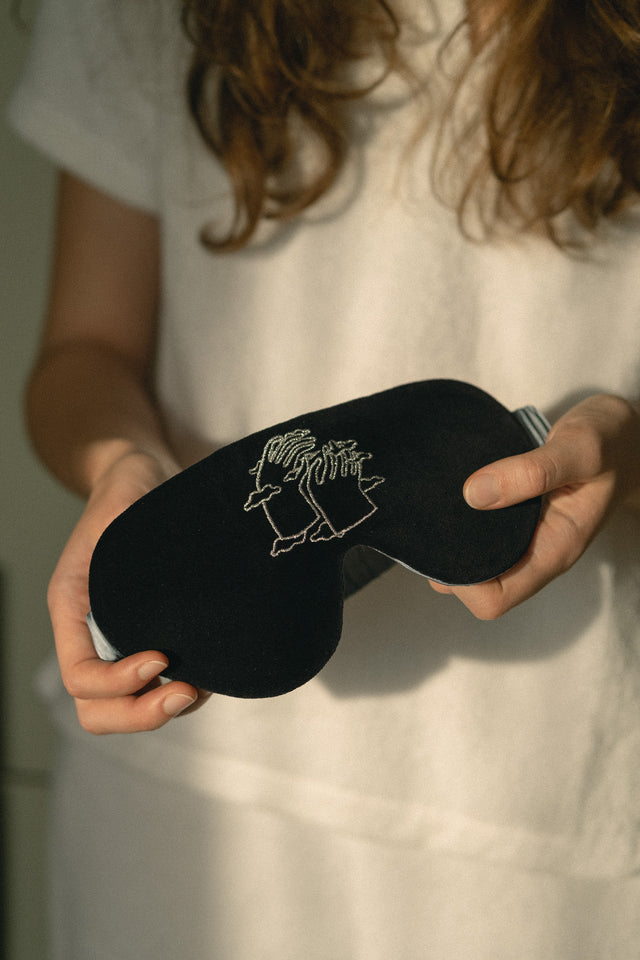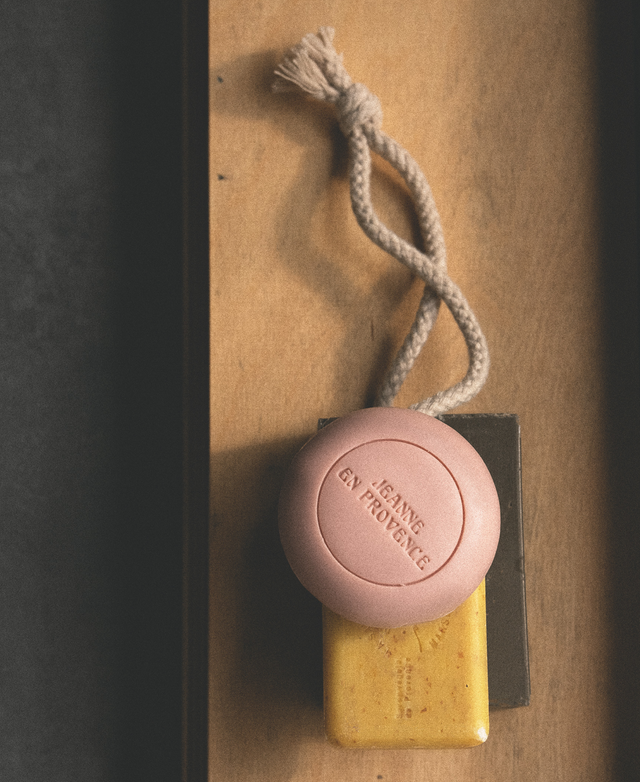Only calmness: rituals that help reduce anxiety
Anxiety is a useful protective mechanism created by nature. It's like an internal smoke detector that signals us of danger. But very often, anxiety becomes constant and groundless, and you find yourself on your way to work thinking about whether you locked the door, or before going to bed, replaying a minor negative comment from a colleague in your head. Unfortunately, such anxiety becomes a problem and significantly affects the quality of life and mental state.
To avoid falling into an anxious state, incorporate simple rituals into your life that will support your calmness and inner harmony.
Aromatherapy
The scents of essential oils affect our limbic system, which is the set of structures in the brain that regulate emotions and sleep. That's why some aromas can energize us while others can relax us. Choose your own palette of aromas to relieve stress and scent your surroundings. The most famous calming essential oil is lavender, but you might find a match with sandalwood, rosemary, or lemon balm.
Another excellent tool for relaxation is palo santo. Its aroma reduces anxiety levels. Light some palo santo and practice meditation or yoga. Just remember to place the smoldering sticks on a specially designed ceramic holder.
Self-massage
Anxiety can lead to muscle tension and spasms, so it's important to incorporate self-massage into your routine. Learn the gua sha technique for the face and body and dedicate 10-15 minutes a day to this ritual. It will help you relax, release negative thoughts, and reduce levels of unconscious anxiety.
During particularly difficult moments, ask a loved one to give you a gentle massage. The touch and strokes from an emotionally close person can decrease the production of cortisol (the stress hormone) and stimulate the production of oxytocin (the love and happiness hormone).
Visual meditation
Observing the flames of a fire can be a form of visual meditation, helping to clear your mind of unnecessary thoughts. Not everyone has the opportunity to light a real wood-burning fireplace, so candles with wooden wicks can be a great alternative. The sound of the wick crackling imitates the sound of burning wood. Choose natural scented candles, as they can provide an additional aromatherapy effect.
Regular exercise
You don't have to go to the gym if you don't like it. Find a suitable type of physical activity for yourself, such as dancing, cycling, swimming, Nordic walking, tennis, and so on. Exercise is beneficial for emotional and mental health. Even a single active session like aerobics can alleviate symptoms of anxiety for several hours. However, it's important not to overexert yourself with excessive workouts.
Soothing Playlist
Slow instrumental music elicits a relaxation response, reduces heart rate and stress hormone levels. Equally effective can be listening to your favorite songs. Nature sounds also have a calming effect, which is why they are often included during meditation.
Sleep
We have repeatedly talked about the importance of sleep for the health of our skin, but it is no less significant for our mental health and inner harmony. Areas of the brain that regulate emotions and help maintain calm are very sensitive to lack of sleep.
To fall asleep faster, ventilate the room 15-20 minutes before sleep and lightly aromatize the space around the bed with scents that help you sleep. Don't forget about the sleep mask, it will help you fall asleep faster and sleep better. Cure. masks have special pockets with aroma sachets that will help you have an aromatherapy session right during sleep.
A few hours before bedtime, give up reading the news and try sleeping under a heavy blanket. It exerts deep sensory pressure on the body, reminiscent of a massage or strong embrace. Such an effect relaxes and gives a feeling of peace.

